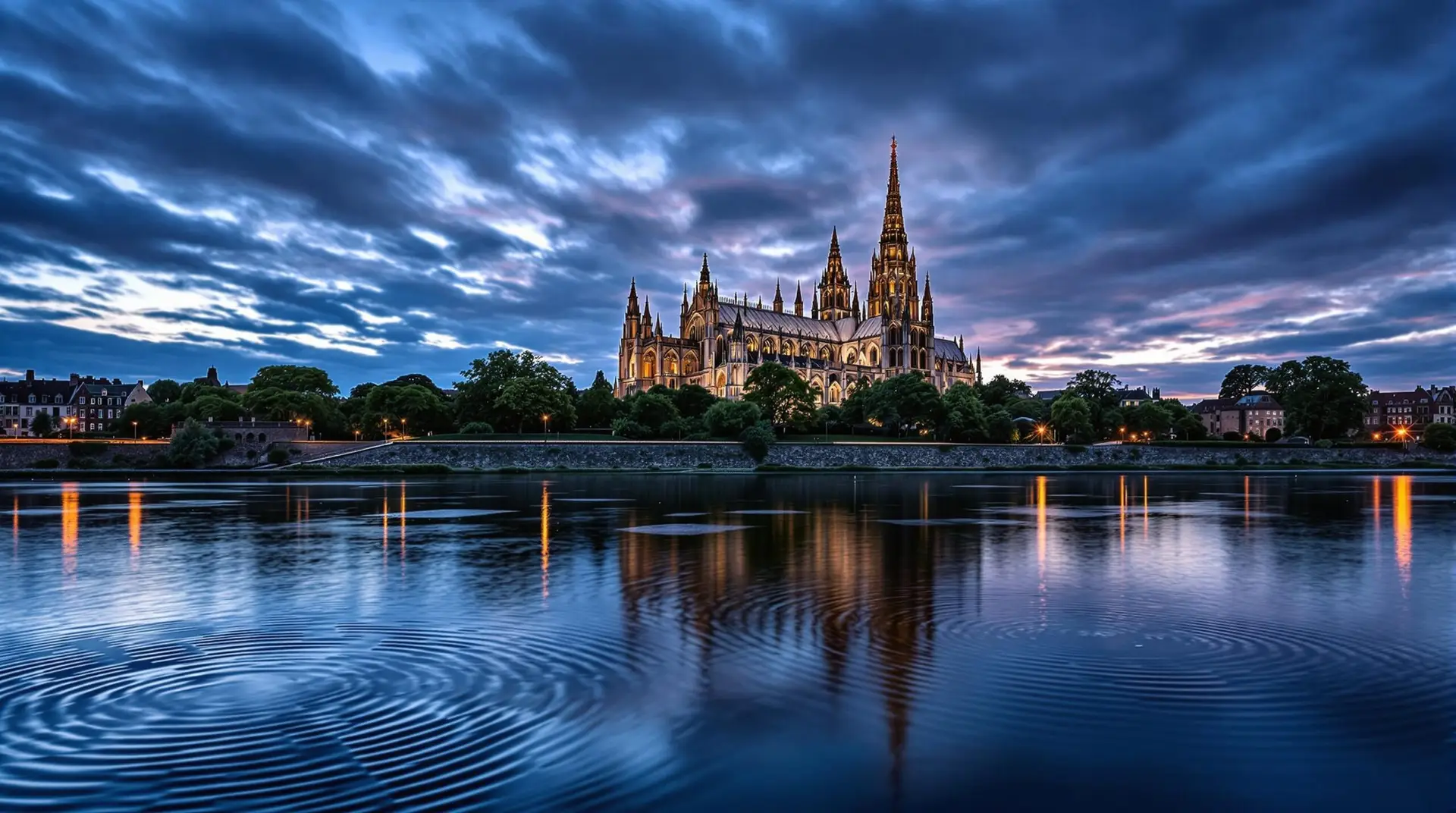Opening
The stones of Winchester Conservatory of Music absorbed sound differently than modern buildings. Will Harrison noticed this peculiarity on his first day. The practice rooms captured melodies and held them a fraction longer than they should. Notes lingered like reluctant ghosts. Three years later, he still found it unsettling, as if the building itself remembered what was played within its walls.
Will stood knee-deep in murky water, trousers rolled to his knees, supervising the cleanup of the flooded basement archives. February storms had overwhelmed the antiquated drainage system, leaving manuscripts and musical ephemera floating between shelves carved from oak that had been old when Queen Victoria still reigned. The scent of mildew and history permeated the space.
“Such a waste,” said Evelyn Cartwright, the conservatory’s elderly librarian, her sensible shoes perched precariously on a wooden crate at the basement stairs. “Some of these scores date back to the 1700s.”
“We’ll salvage what we can,” Will assured her, though privately he wondered if the flooding might be a blessing in disguise. The Winchester Conservatory of Music clung to traditions with a fervor that bordered on religious devotion. Perhaps a bit of forced renovation wouldn’t hurt.
“Professor Harrison!” called one of the maintenance workers, a stocky man named Roger who had worked at the conservatory longer than Will had been alive. He held up a black rectangular case. “Found this wedged behind the Victorian shelving. Not even damp. Might be important, might not, but figured you’d want to see.”
Will waded over, water swirling around his knees, and took the case. It was surprisingly heavy for its size, with an unusual heft that suggested something more significant than ordinary sheet music. The material wasn’t plastic or metal but something he couldn’t quite identify, with a surface that shifted between matte and glossy depending on how the murky light struck it.
“Thank you, I’ll handle this one personally,” Will said, tucking it under his arm. Roger and his colleague exchanged knowing glances. They were accustomed to the conservatory’s professors getting excited over waterlogged rubbish that might have historical significance. Last month, Dr. Palmer had nearly declared a national emergency over a water-damaged program from a 1962 student recital.
“Don’t forget the faculty meeting at four,” Evelyn called as Will climbed the narrow stone stairs, careful not to slip. “Dean Matthews wants to discuss the summer festival program. Lady Harrington has made another generous donation.”
Will nodded without enthusiasm. Victoria Harrington’s financial support kept the conservatory afloat, but her artistic opinions came attached to every pound, and those opinions typically favored the most traditional, unadventurous programming imaginable. Just another compromise in a life that had become defined by them.
Later, in his cramped office beneath the eaves, Will examined his find. Rain lashed against the leaded glass windows, and the radiator clanked ineffectually, barely taking the chill off the room. The space was modest but carried his imprint—shelves overflowing with scores, a worn leather armchair rescued from a skip, walls adorned with framed programs from his conducting career. His Royal College of Music diploma hung slightly askew, as if embarrassed by its prominence.
The case opened with surprising smoothness, revealing a manuscript unlike any he had encountered. The paper appeared new despite its obvious age, with no yellowing or brittleness. The notation system combined familiar elements with symbols he had never seen. Five normal staves alternated with peculiar lines where notes clustered in patterns that defied conventional music theory. Margins contained annotations in a cramped, precise hand—some in English, others in what appeared to be Latin and Greek.
“What in the world?” he murmured, carefully turning the pages. Each sheet revealed more peculiarities—constellation-like patterns interspersed with musical notation, mathematical formulas corresponding to specific phrases, and tempo markings that made no rational sense.
Will’s fingers trembled as they traced the unfamiliar symbols. He was once celebrated as a rising star of British classical music, a Royal College of Music graduate who guest-conducted major orchestras before his thirtieth birthday. The London Symphony, the Hallé, and even the Berlin Philharmonic for two memorable nights. Music critics had praised his “instinctive understanding of how sound inhabits space” and his “almost supernatural connection with the physical dimensions of music.”
Then came that disastrous night at the Royal Albert Hall three years ago. He could still recall every detail with painful clarity: the London Philharmonic arrayed before him, the weight of the baton in his hand, the anticipation as they began Holst’s “The Planets.” Everything had proceeded normally until they reached “Jupiter.”
That was when the inexplicable phenomena began—lights flickering in perfect rhythm with certain passages, program books rising slightly from audience members’ laps, the massive chandelier swaying despite the absence of any draft.
Most disturbing was the acoustics—Jupiter suddenly sounded as if the orchestra were playing inside a crystal cathedral rather than the Albert Hall, each note taking on an impossible resonance that seemed to bend the air.
Only Will had appeared to notice these anomalies while they were occurring. It was only afterward, when audience members began comparing notes about “strange technical issues” and “odd visual effects,” that the phenomenon was acknowledged. Most blamed faulty wiring or mass suggestion. The concert hall management pointed to potential structural vibrations.
But Will knew the truth. Somehow, he had caused it. His conducting had summoned something beyond mere sound, something that momentarily altered the physical properties of the Albert Hall itself.
He had tried to explain what he had experienced to colleagues and friends. Their reactions ranged from concerned looks to outright dismissal. The London Philharmonic quietly removed him from their guest conductor rotation. Other orchestras followed suit.
Will’s once-promising career collapsed with stunning speed. Within months, he found himself accepting a teaching position at the Winchester Conservatory of Music, a respected but decidedly second-tier institution where ambition came to settle comfortably into mediocrity. At thirty-four, he taught music theory and basic conducting to undergraduates, his promising career now discussed in the past tense.
His few remaining friends from his Royal College days rarely visited. His former mentor, Conductor Emeritus James Lancaster of the London Symphony, had tried to arrange a redemption concert last year, only to be blocked by board members concerned about “reliability issues.” The music world had a long memory for failure and a short one for past success.
Will refocused on the manuscript before him, pushing away the familiar tide of bitterness. The notation seemed to shimmer slightly in the fading afternoon light, almost as if the ink were still wet. A penciled inscription on the first page caught his eye: “Dialogus Naturae et Artis” – Dialogue of Nature and Art.
“Dialogus,” he whispered, and the word resonated in the small room, vibrating slightly as if it possessed physical weight.

To read the rest of The Conductor’s Score short story, please download the eBook from Amazon or receive all 5 short stories free when you join the newsletter email list.

